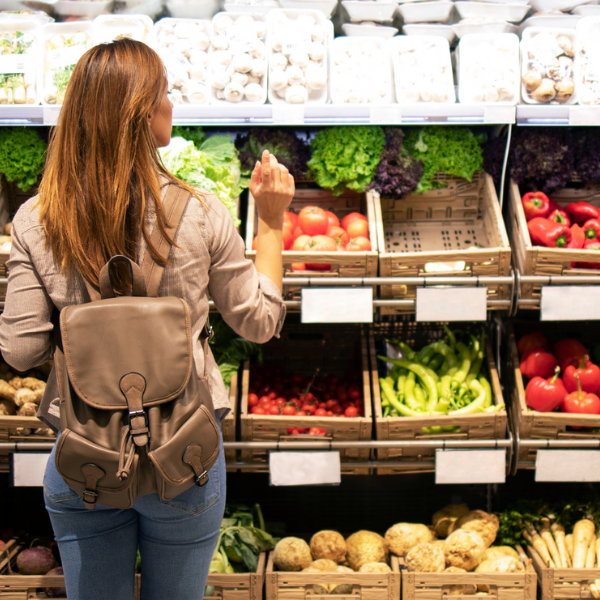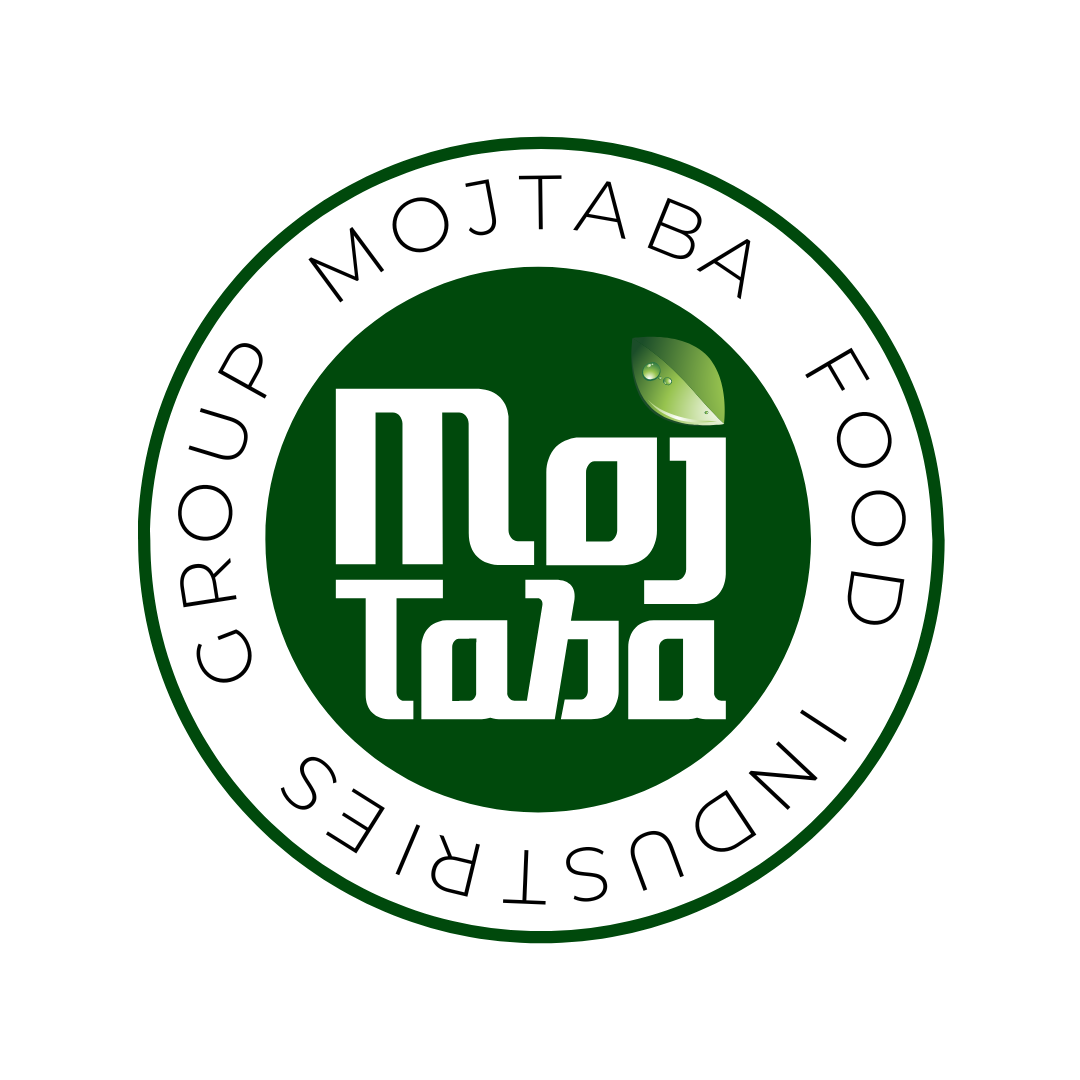Eating healthy food and choosing more sustainable diets to improve people’s lives and the environment at the same time, makes sense. Working towards a food future where consumers, policymakers, and food companies make better choices - where healthy living and a healthy planet go hand in hand.
As we look through a global microscope as to purchasing patterns, it’s interesting to see where consumer sentiment lies with 50% prioritising healthy eating, and 33% sustainability1. Refocusing the lens as rganic, natural, and clean label products are becoming more mainstream, what do these terms mean?
Organic food refers to goods that are cultivated using specific farming practices, making use of natural processes. Bearing in mind compliance differs around the world, to ensure that food is labeled organic, it must meet specific certification and regulatory standards. From the health of the soil to pest and weed management, strict limitations on the use of antibiotics and growth hormones in livestock farming, and even the overall well-being of animals.
At the other end of the chain, from a consumer perspective, there is the belief that organic food is better and is of a higher quality than conventionally produced food. Alongside this, we see that 37% of US consumers say the main reason they buy organic is that it’s “safer for me and my family”, with 35% believing that organic is of a “higher quality” 2. The perception is that it’s a healthier dietary option due to increased nutritional levels. An interesting point of view as research to date is unable to definitively prove that organic is more nutrient-rich. Nevertheless, it still carries health benefits, especially when compared to conventional foods as organic is free from undesirable ingredients. As a consequence of this, 34% of consumers say they made organic purchases “to avoid products that rely on pesticides or other chemicals” 2.
Want to read the full article?
DOWNLOAD HERE
It’s often at this point in the conversation, that the terms “natural” or “clean label” tend to get raised. Food that falls into this category are ones
that claim to be minimally processed and made with wholesome, natural ingredients. Unlike organic, there is no standardised certification
and the criteria for labelling can vary across food manufacturers. Although there is no official definition for “natural”, it generally implies that
the food does not contain synthetic additives, artificial flavours, colours, or preservatives. In a similar vein, “clean label” foods as the name suggests, carries clear and simple labelling, and lists that indicate recognisable ingredients, to show that there is nothing undesirable or controversial.
Furthermore, in support of the claim that natural is seen as healthy – we see 55% of global consumers associating ‘natural products’ with a healthy lifestyle, while 44% associate it with ‘organic products’.
Evolving over time with the bumps and bruises of lessons learnt, many people are now wanting to have the option to make healthy choices
around what they eat, that not only supports their overall well-being but at the same time reflects their values of wanting a better world.
Making them feel good about themselves and the planet. For example, by choosing to purchase organic products individuals are helping to preserve natural resources, support sustainability, play a role in the impact organic
farming has on local communities and even the welfare of animals, to name but a few.
REGIONAL VIEW
Closer to home, a recent survey found that 56% of consumers in the Middle East and Africa associate ‘natural products’ with a healthy lifestyle, while 48% associate this with ‘organic products’. ᶟ While above the global average, we see a trend connection both globally and Consumers also want to be reassured that packaging is free from chemicals and will not contaminate products. 73% of consumers in the Middle East and Africa say that chemical-free packaging claims on packaging is important. These claims need to be evidence-led and scientific-based to help overcome reservations consumers may have about plastic packaging. Chemicals are associated with being harmful to both the environment and health. This will drive demand for packaging materials that are deemed natural such as plant-based materials.
Want to know more?
DOWNLOAD THE FULL ARTICLE HERE
FOR DAYMON'S RECOMMENDATIONS AND CONCLUSIONS ON ECO-FRIENDLY CONSIDERATIONS IN PRODUCT DEVELOPMENT
About Daymon

With 50 years of experience building successful private brand programs around the world, Daymon is the only solution provider that influences all aspects of private brand development, from strategy to execution to consumer engagement. Daymon’s unique approach helps retailers and brands set themselves apart through a full suite of best-in-class private brand development services, including: strategy, analytics and insights, product development, supplier development and management, account management, and design and packaging management. Daymon drives brand innovation, differentiation and results.
For more insights and recommendations for driving your brand, contact idc@daymon.com.




)
)
)
)
)
)
)
)
)
.png/fit-in/500x500/filters:no_upscale())
)
)